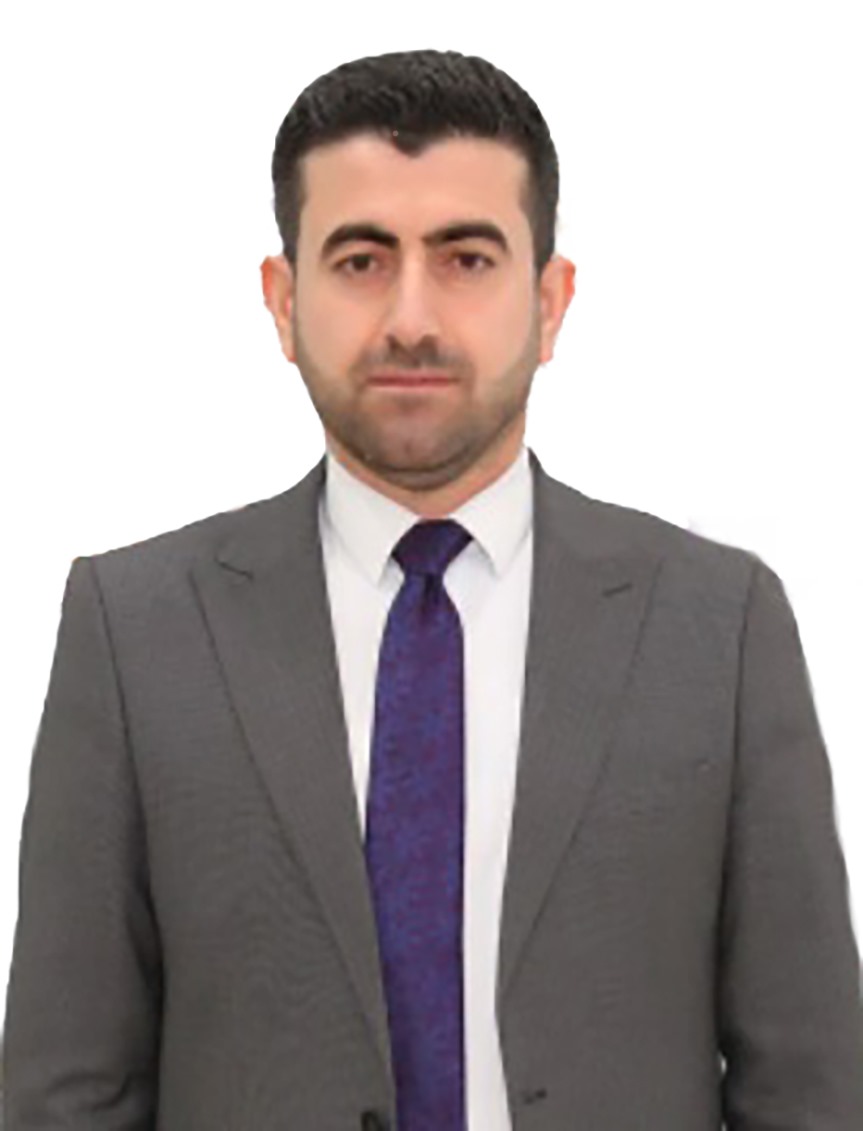By Tahseen Wsu Abdullah
In practical, elections mean renewing the social and political contract between citizens and political parties, so that the next four years of power will guide its public policy based on that contract, especially on issues directly related to how public services are provided.
This is for voters who vote based on the programs and strategies of political parties for the next four years, not for voters who vote outside that basis. If the voter takes the views of political parties as a criterion for the future, the direction of power for the citizen will undoubtedly change, in favor of the public will and the citizen becomes the center of political power.
In the Kurdistan Region, although it has a good experience with elections, because the process continues after the uprising, although it has sometimes slowed down, but as a general framework, the issue continues. Also, as a political culture, elections are not treated as a purely cultural issue, due to three main factors:
One important factor is related to the worldview and working methods of political parties, whose general framework so far has been to focus on the classical method, which emphasizes their members and supporters, not voters, because the measure of their work is this type They vote based on the programs and strategies of political parties. That is, the voting criteria are the political parties’ views on the future, not the classical criteria. This type is more common in developed Western countries.
Another factor, it has to do with the level of public awareness that they cannot use the worldview of political parties to determine their next four years. Here, the social contract that needs to be renewed is not decided on the right basis, which makes political parties fall under the pressure of wrong public opinion and cannot save themselves, so there are constant problems between the authorities and citizens. Neither the citizen will be able to evaluate the performance of the political authorities, nor will the political authorities care about the basis, promises and criteria on which they came to power. What matters is that they are in power.
Also, another factor that has prevented elections from becoming a political culture is the division and social structure of society, the strong ideological divisions, and the lack of consideration of the process as an issue linked to the future. This has led political parties to talk more about generalities from their election programs than a specific concrete framework to be measured in the future.
Therefore, these three factors have caused the elections in the Kurdistan Region not to be seen as a cultural and democratic process, but rather as an opportunity for revenge and intensification of social conflicts. This has had a negative impact on the direction of the governance process and widened the circle of conflict and differences.

